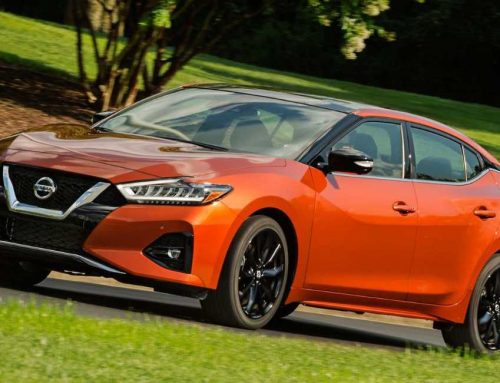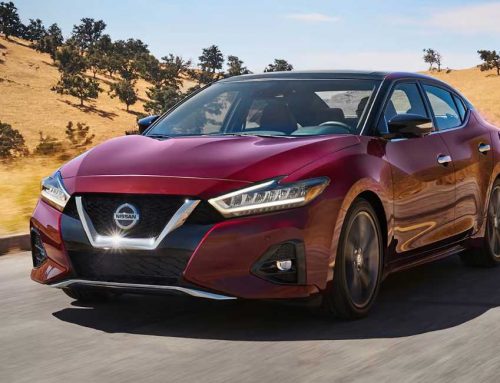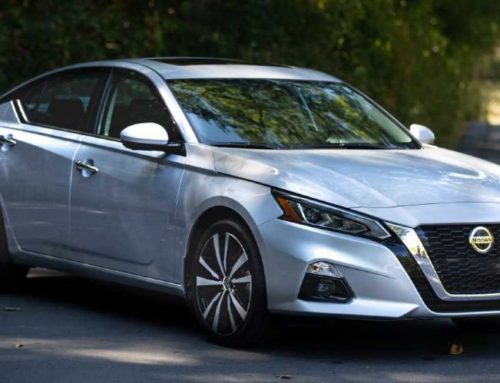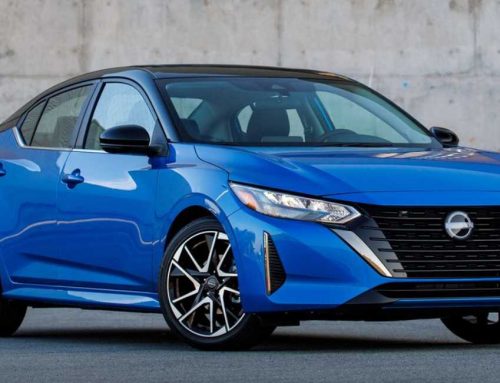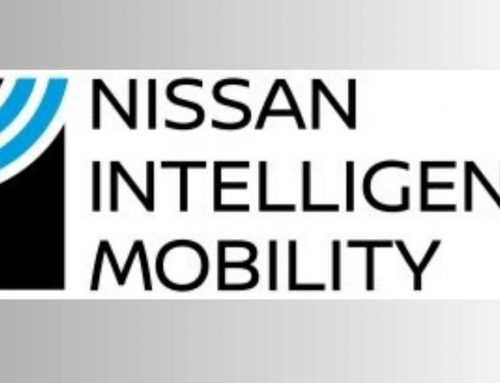Buying a car is a major decision whether it’s new or pre-owned, but buying a pre-owned car can be even more stressful. When you buy a car that has had a previous owner, it’s normal to feel nervous.
You want to end up with a safe, functional car that will run smoothly for many years to come, but it can be difficult to be sure of the condition of a used car on sight. These five tips can help you make smarter, more informed decisions when it comes to buying a reliable pre-owned car that you love.
Buy a Certified Model
The best thing you can do for yourself when buying a used car is to purchase a certified pre-owned vehicle. Certified pre-owned cars are used, but they usually have less than 75,000 miles on them and are less than five years old. They also undergo a thorough inspection and any necessary repairs to ensure that the vehicle is in top condition before its ownership is transferred into your name.
When you buy a certified pre-owned car, you get to enjoy the peace of mind that comes with knowing that your new-to-you car is safe, reliable, and in good condition. Certified pre-owned vehicles are linked with the car’s original manufacturer, so reports on their history, inspections, etc. are trustworthy. These vehicles are also available with a special extended warranty that goes beyond the original warranty of the car to help protect you once you take over ownership of the car.
Understand its Value
Always check the value of a used car before you decide to buy it. You can easily find out the value of a pre-owned car you’re considering by looking up its Kelley Blue Book value. This value takes make, model year, and number of miles logged into account to give you a more accurate estimate of a specific used car’s value. With just a few Internet searches, you can also find out how much you should expect to pay for a certain used car model based on averages of how much other drivers in your area are spending on pre-owned versions of that same model.
Before you buy a pre-owned car, it’s also important to take maintenance, repair and replacement part costs into account. A car that is very inexpensive can end up being less cost-effective in the long run if its maintenance costs are exceptionally high.
Check Up on its History
Buying a certified pre-owned car gives you peace of mind when it comes to the quality of the vehicle you buy, but it’s still important to check up on a used car’s history before you decide to buy it. If you choose to buy a pre-owned car that is not certified, it is even more crucial for you to know all about the history of a used car before making your purchase.
You can find a complete history for virtually any car online just by plugging in its vehicle identification number (VIN). Some important information to look out for is whether or not the car has a clean title, a record of its involvement in any serious accident, a history of its previous owners, and its accurate mileage.
Take it For a Test Drive
Test-driving a car before you buy it is always a good idea, but it is especially essential when it comes to pre-owned cars. A used car might be in great condition, but it has still undergone some amount of wear and tear from its previous owner. Even if you have already driven a new version of the model you’re considering, always take a pre-owned car for a test drive before you buy it.
Each pre-owned car you drive will likely feel slightly different—you’ll probably notice differences even between two pre-owned cars of the exact same model. You might notice that the car’s air conditioner emits a strange smell, that something inside it rattles while you drive, etc. These are all things you’ll be glad you realized before you signed the paperwork to transfer the car into your name.
Find a Reliable Seller
Where you go to buy a used car can make or break your satisfaction with your vehicle purchase. You have two main options when it comes to finding a seller for a used car: dealers and private sellers.
Dealers tend to be a safer, more reliable option than private sellers. They are more professional, experienced, and are—overall—more trustworthy. If you do choose to buy from a private seller, don’t make anything official until you are able to thoroughly look over the previous owner’s paperwork to make sure all of the seller’s claims about the condition and history of the car are backed up on paper.

